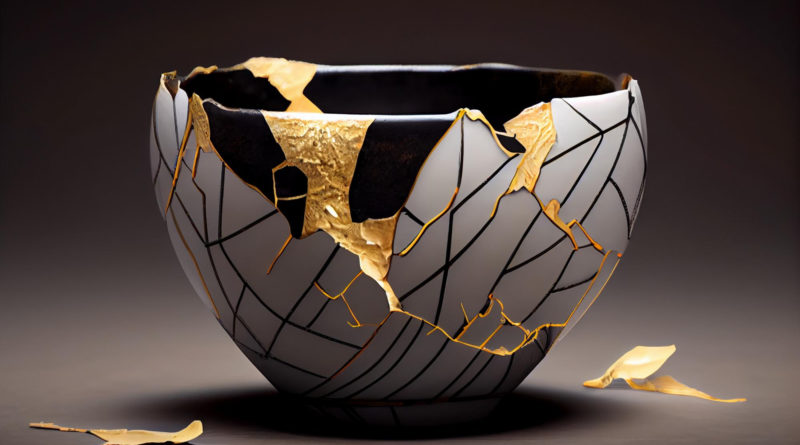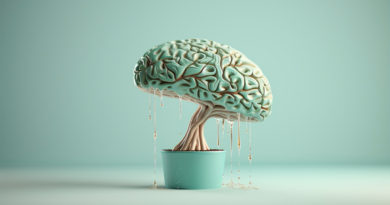Celebrating Imperfections: The Art and Wisdom of Kintsugi
Embrace Imperfection For Greater Happiness
The ancient Japanese art of kintsugi offers a profound philosophy on embracing imperfections. Known as ‘golden joinery,’ kintsugi signifies that an object’s true value lies not in its flawless appearance but in its flaws, which are to be embraced rather than concealed.
Kintsugi is more than just a method of repairing broken pottery; it is a celebration of imperfection and resilience. Rather than disguising fractures, this 400-year-old practice involves repairing shattered ceramic pieces with lacquer mixed with powdered gold, silver, or platinum. The result is a piece that showcases its history and unique journey, with the golden seams accentuating the breaks rather than hiding them.
Ryan Hopkins, the former Future of Wellbeing lead for Deloitte, views kintsugi as a powerful metaphor for personal growth and healing. He emphasizes that in acknowledging and embracing our own imperfections, we can transform them into sources of strength, resilience, and beauty. Much like the mended pottery, our scars and flaws become integral parts of our identity, enhancing rather than detracting from our overall worth.
To fully embrace our imperfections, we must first recognize and accept them. Nobody is perfect, and our flaws are what make us human and individual. Rather than viewing imperfections as shortcomings, we should see them as opportunities for growth and self-discovery. Adversity and challenges have the potential to shape us into stronger, more resilient individuals, capable of overcoming obstacles with grace and determination.
Self-compassion is essential on the journey to embracing imperfection. Just as we would offer kindness and understanding to a friend facing difficulties, we must extend the same compassion to ourselves. Mistakes and setbacks are inevitable aspects of the human experience, and it is important to treat ourselves with patience, forgiveness, and love during these times.
In a society that often glorifies perfection and achievement, the concept of kintsugi serves as a poignant reminder of the beauty found in imperfection. By embracing our flaws and celebrating our unique journeys, we can cultivate greater happiness, authenticity, and self-acceptance. Rather than striving for unattainable ideals of perfection, let us embrace the wisdom of kintsugi and find beauty in our imperfections.


